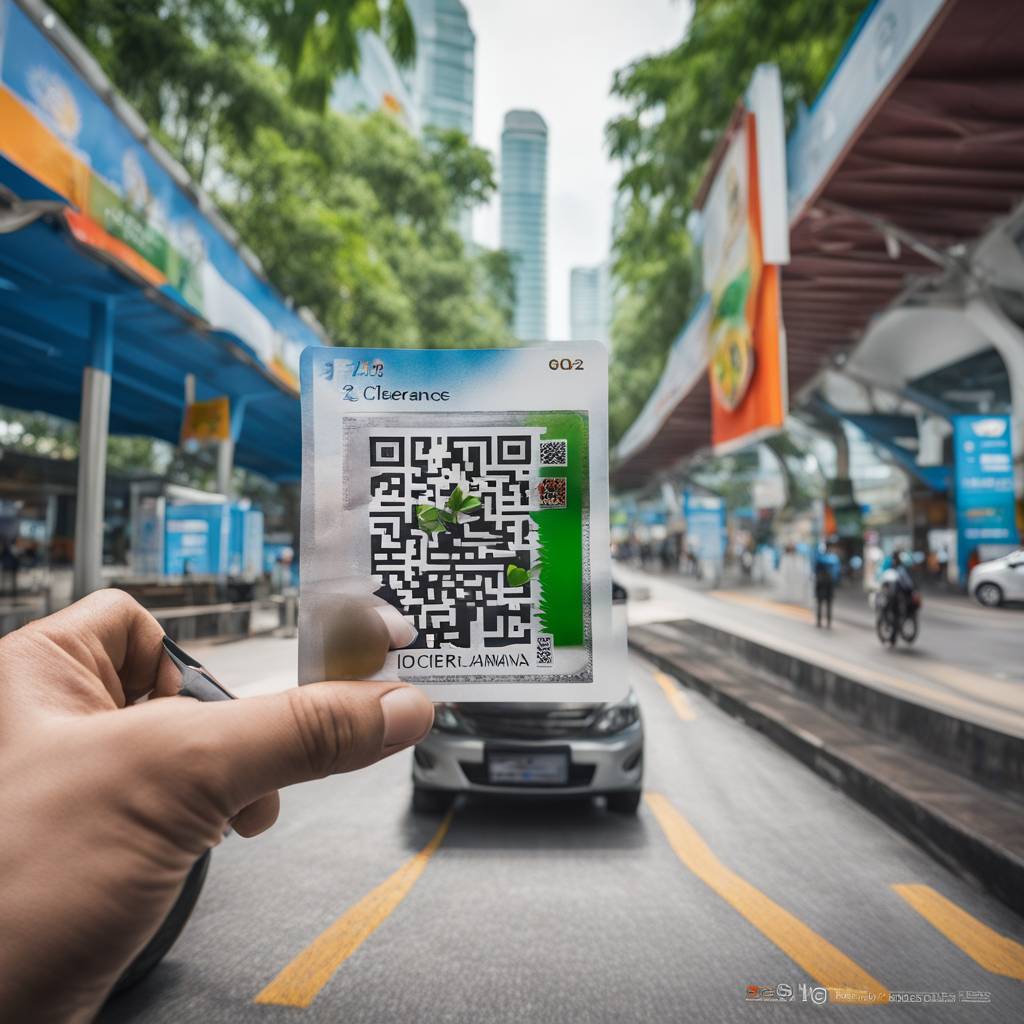Singapore has successfully implemented a QR code system that has helped to reduce travel time for commuters. This has been well-received by the public, who are now calling for Malaysia to introduce a similar system. The implementation of QR codes has proven to be a convenient and efficient way for commuters to access transportation services. With the completion of the Rapid Transit System Link between Singapore and Malaysia and the planned Johor-Singapore Special Economic Zone, there is a growing need for a seamless and integrated transportation system between the two countries.
The QR code system in Singapore has made it easier for commuters to access public transportation services and has helped to reduce travel time. Commuters can simply scan a QR code to pay for their fare, eliminating the need for physical tickets or cards. This has improved the efficiency of the transportation system and has made travel more convenient for commuters. As Malaysia prepares to complete the Rapid Transit System Link with Singapore, there is a growing demand for a similar QR code system to be implemented in Malaysia to streamline the commuting experience for passengers traveling between the two countries.
The implementation of QR codes in Singapore has been met with positive feedback from commuters, who appreciate the convenience and efficiency of the system. By scanning a QR code, commuters can quickly access transportation services without the need to carry physical tickets or cards. This has helped to reduce congestion at ticketing counters and has improved the overall commuting experience for passengers. With the upcoming completion of the Rapid Transit System Link between Singapore and Malaysia, there is a push for Malaysia to adopt a similar QR code system to enhance connectivity and ease of travel for commuters.
As plans for the Johor-Singapore Special Economic Zone continue to develop, there is a growing need for an integrated transportation system between the two countries. The implementation of a QR code system in Malaysia would help to streamline the commuting experience for passengers traveling between Singapore and Malaysia. By eliminating the need for physical tickets or cards, commuters can enjoy a more efficient and seamless transportation system. This would not only benefit commuters but also contribute to the overall economic growth and development of the region.
In conclusion, the rollout of QR codes in Singapore has proven to be a successful initiative that has improved the commuting experience for passengers. The convenience and efficiency of the system have been well-received by the public, who are now calling for Malaysia to implement a similar system. With the completion of the Rapid Transit System Link between Singapore and Malaysia and the planned Johor-Singapore Special Economic Zone, there is a growing need for a seamless and integrated transportation system to support the economic development of the region. Implementing a QR code system in Malaysia would be a step towards achieving this goal and would help to enhance connectivity and ease of travel for commuters between the two countries.


